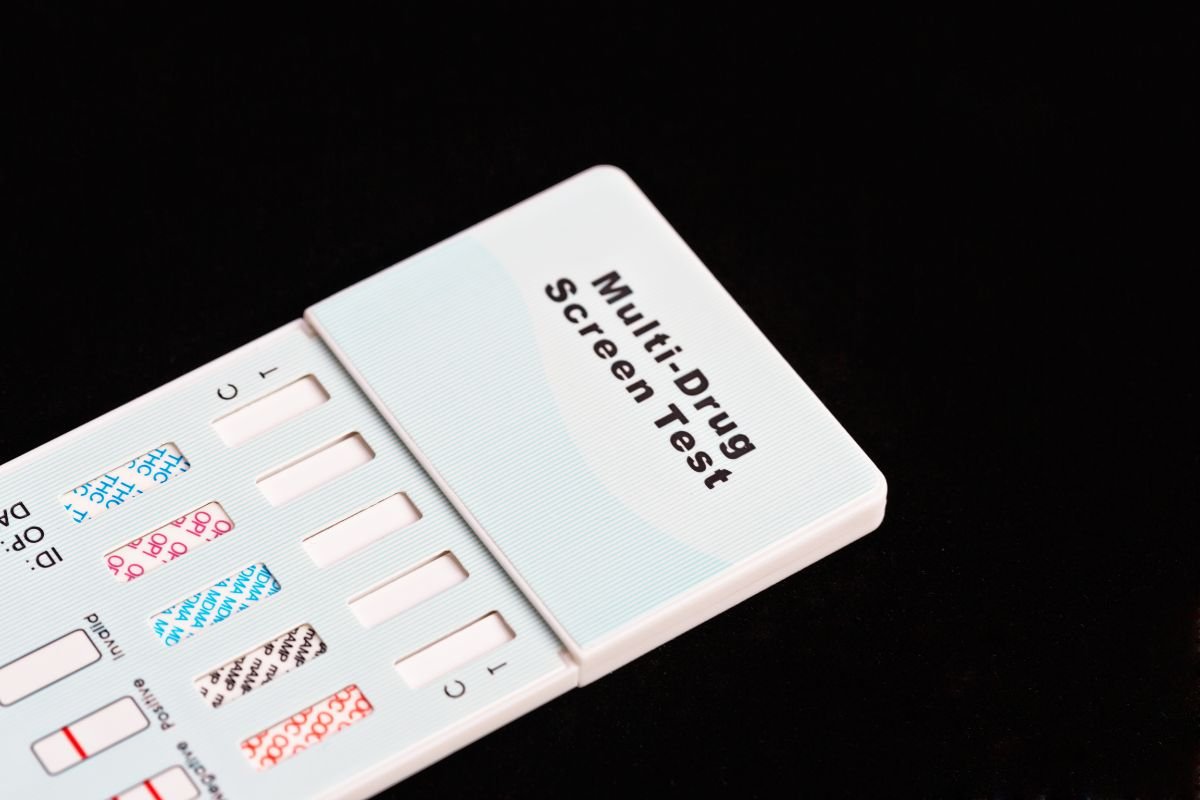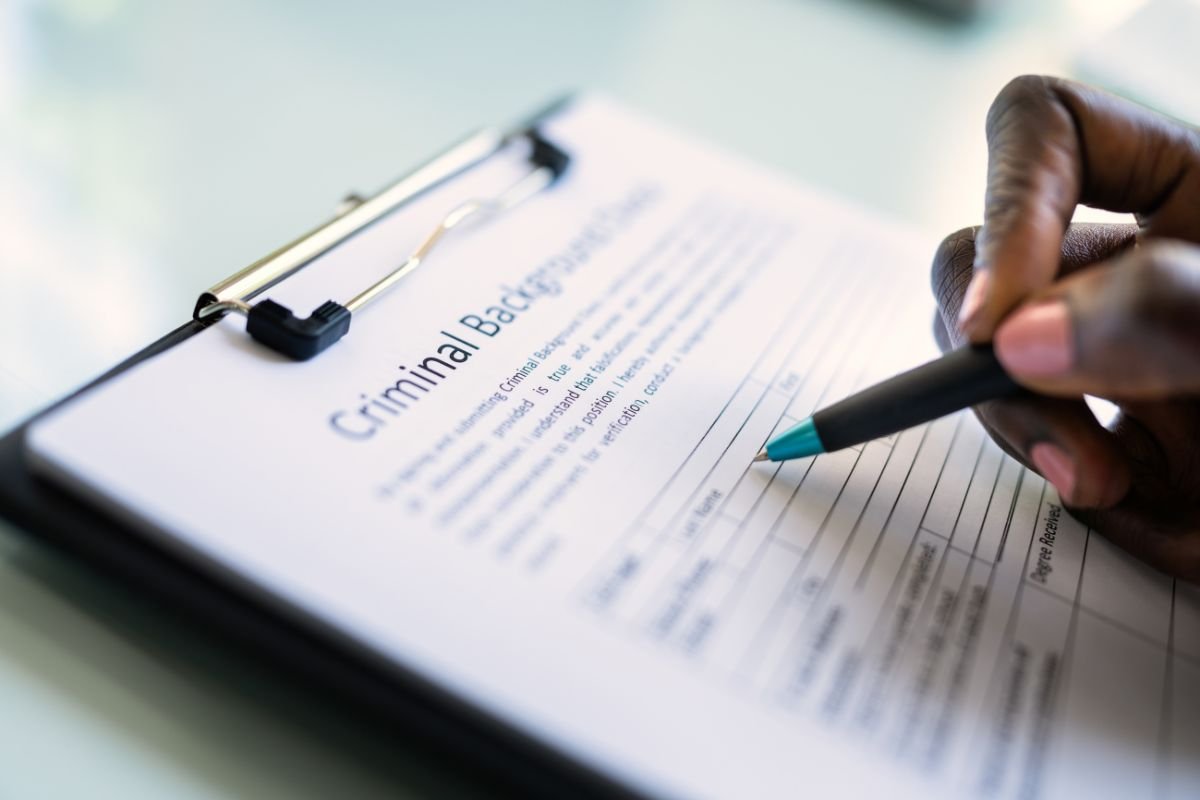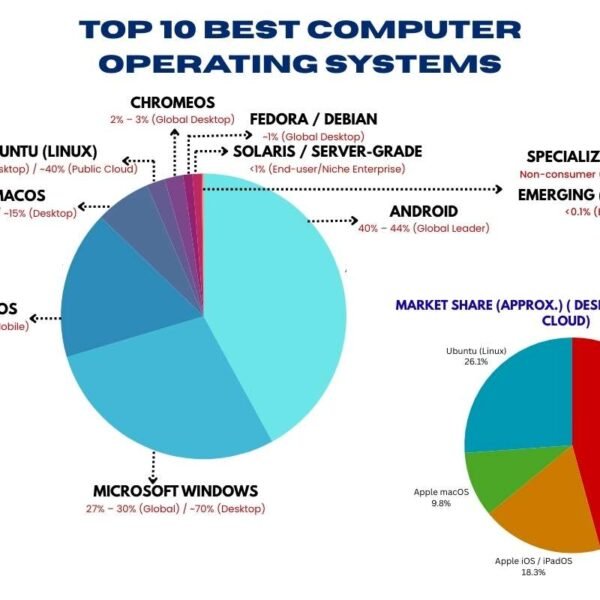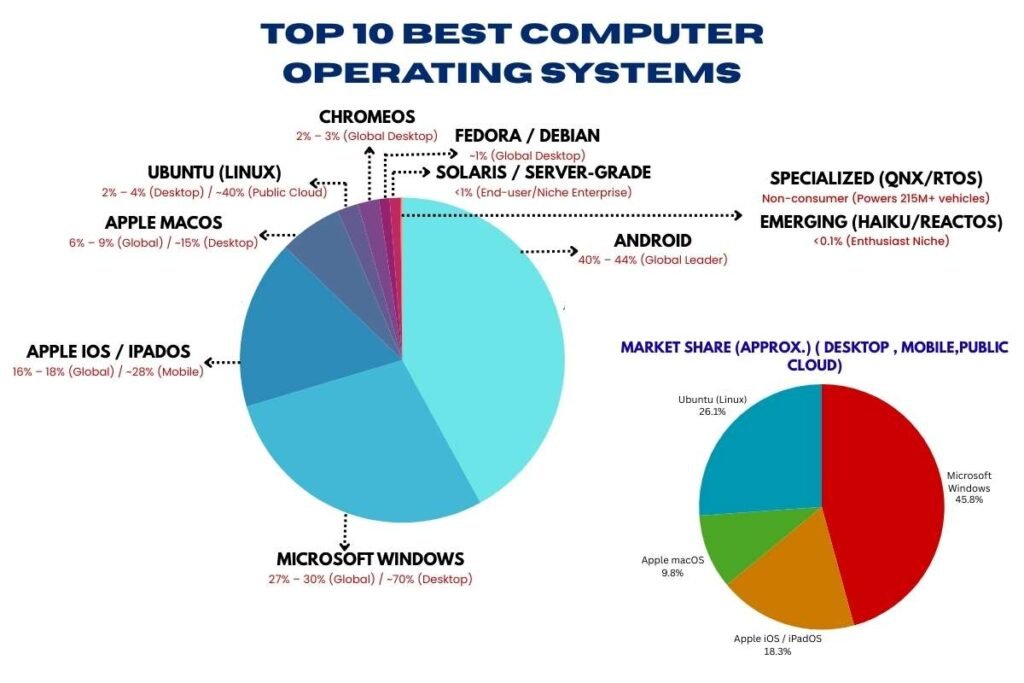Background checks are a crucial part of the hiring process, providing employers with valuable information about a candidate’s history and suitability for a position. However, not all background checks are the same. Depending on the industry, role, and specific requirements, different types of background checks may be conducted to ensure a candidate meets the necessary qualifications. This guide will explore the various types of background checks, their purposes, and what employers and candidates can expect from each.
Here are 10 Different Types of Background Checks you should know:
1. Criminal Background Check
Purpose: A criminal background check is one of the most common types of background checks used by employers to assess whether a candidate has any criminal history. This check helps employers determine if an applicant poses any risk to the company or its employees.
What It Includes:
- Felony and misdemeanor convictions
- Arrest records (depending on jurisdiction)
- Pending criminal cases
- History of incarceration
- Sex offender registry status
Industries That Commonly Use It:
- Healthcare
- Education
- Financial services
- Government positions
2. Employment Verification
Purpose: Employment verification ensures that the candidate has the work experience they claim on their resume. This type of background check helps prevent resume fraud and verifies a candidate’s job history, including job titles, dates of employment, and reasons for leaving.

What It Includes:
- Verification of past job titles
- Employment dates
- Reasons for leaving previous positions
- Rehire eligibility
Industries That Commonly Use It:
- All industries, particularly those requiring specific experience
3. Education Verification
Purpose: Education verification checks confirm that a candidate has the educational qualifications they claim to possess. This check is essential for positions that require specific degrees or certifications.
What It Includes:
- Verification of degrees, diplomas, or certificates
- Dates of attendance
- Institutions attended
Industries That Commonly Use It:
- Legal
- Healthcare
- Engineering
- IT and technology
4. Credit Background Check
Purpose: A credit background check is often used for positions that involve financial responsibilities. It provides employers with insight into a candidate’s financial behavior and responsibility.
What It Includes:
- Credit history
- Debt-to-income ratio
- Bankruptcy records
- Loan and credit card payment history
Industries That Commonly Use It:
- Banking and Finance
- Real estate
- High-level executive positions
5. Driving Record Check
Purpose: A driving record check is used for positions where driving is a primary job function. This check helps employers assess a candidate’s driving history and determine if they are a safe and responsible driver.
What It Includes:
- Traffic violations
- DUI/DWI offenses
- License status (valid, suspended, revoked)
- Accident history
Industries That Commonly Use It:
- Transportation and logistics
- Delivery services
- Commercial driving
6. Drug Screening

Purpose: Drug screening is used to determine if a candidate has used illegal substances or misused prescription medications. It is commonly required in safety-sensitive positions where sobriety is critical.
What It Includes:
- Urine, blood, or hair analysis for substances like marijuana, cocaine, opiates, amphetamines, and PCP
Industries That Commonly Use It:
- Transportation
- Manufacturing
- Healthcare
- Government and military positions
7. Social Media Background Check
Purpose: A social media background check involves reviewing a candidate’s social media profiles to assess their character and behavior. Employers use this check to identify any red flags that could indicate poor judgment or behavior inconsistent with company values.
What It Includes:
- Review of social media profiles (e.g., Facebook, Twitter, LinkedIn)
- Assessment of public posts, comments, photos, and associations
Industries That Commonly Use It:
- Marketing and public relations
- Customer service
- Positions requiring public interaction
8. Identity Verification
Purpose: Identity verification confirms that a candidate’s identity is legitimate and that they are who they claim to be. This check is crucial for preventing identity theft and fraud in the hiring process.
What It Includes:
- Verification of Social Security number (SSN)
- Address history
- Verification of government-issued IDs (e.g., passport, driver’s license)
Industries That Commonly Use It:
- All industries, particularly those requiring sensitive information handling
9. Professional License Verification
Purpose: Professional license verification ensures that a candidate holds the necessary licenses or certifications required for their role. This check is essential for positions that require specific credentials.

What It Includes:
- Verification of professional licenses (e.g., medical, legal, engineering)
- Confirmation of license status (active, expired, suspended)
- Verification of any disciplinary actions
Industries That Commonly Use It:
- Healthcare
- Legal
- Engineering
- Financial services
10. International Background Check
Purpose: An international background check is used when a candidate has lived, worked, or studied abroad. This check provides a comprehensive overview of the candidate’s history outside their home country.
What It Includes:
- International criminal records
- Employment and education verification
- Identity verification
- Credit history (depending on the country)
Industries That Commonly Use It:
- Multinational corporations
- Positions involving international travel or relocation
- Government and defense
Conclusion
Background checks are a vital part of the hiring process, ensuring that employers make informed decisions and maintain a safe, trustworthy workplace. Understanding the different types of background checks and their specific purposes can help both employers and candidates navigate the hiring process with confidence.
Whether you’re an employer looking to vet potential hires or a job seeker preparing for a background check, being aware of these various checks can lead to more informed decisions and a smoother hiring experience.










